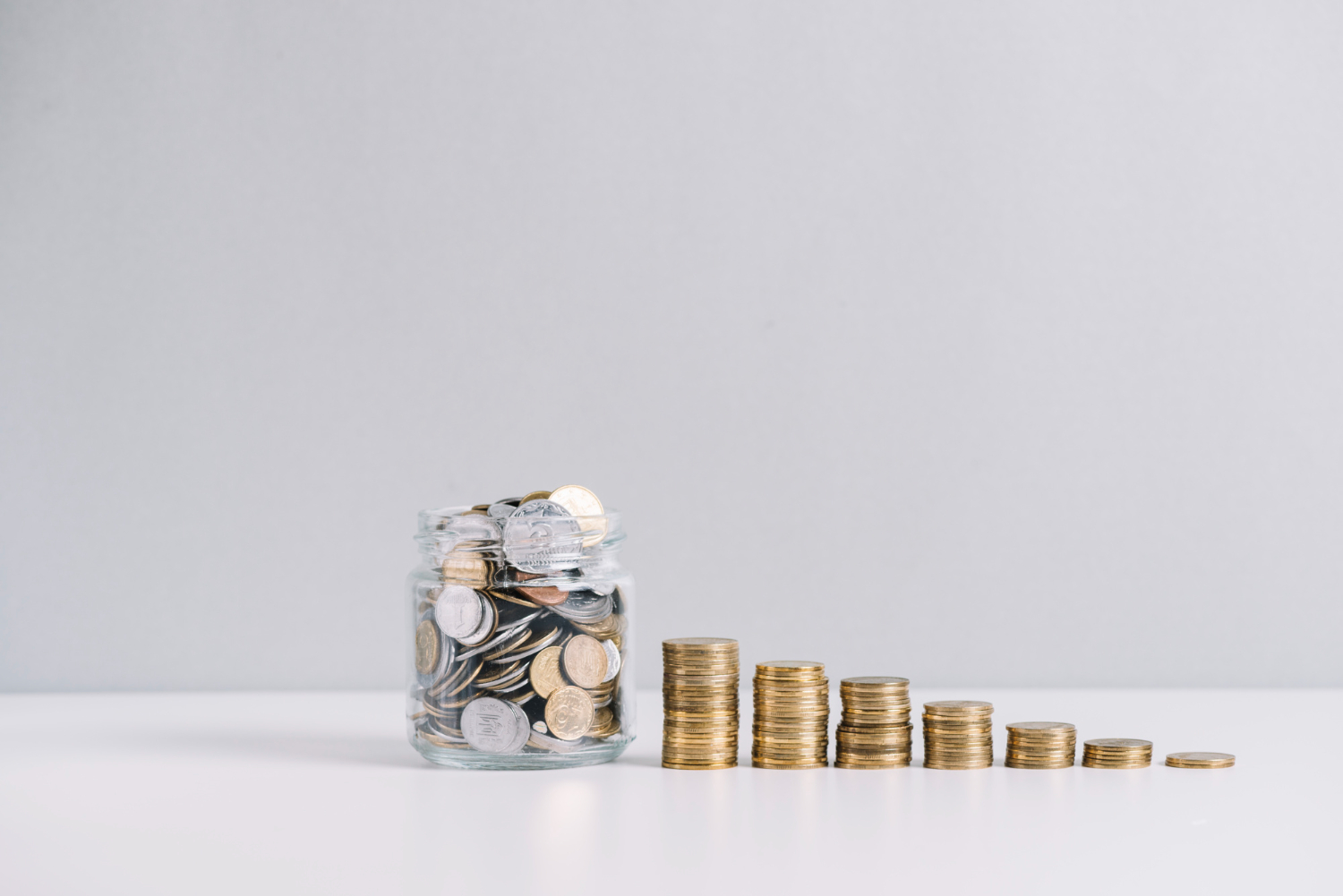As you plan for your golden years, ensuring a stable retirement investment that provides financial security is crucial. While there are various retirement investment options available, fixed deposits (FDs) stand out as a strategic choice for many. With guaranteed returns, low risk, and flexibility, FDs can play a key role in your retirement planning. Let’s explore how investing in fixed deposits can build a robust retirement corpus and provide a steady income stream post-retirement.
The Advantages of Fixed Deposits for Retirement Savings
Fixed deposits (FDs) offer a secure and reliable option for retirement savings. Below are some key benefits of choosing FDs for your retirement planning:
Guaranteed Returns
One of the biggest advantages of fixed deposits is the assurance of guaranteed returns. Unlike market-linked retirement investment plans like mutual funds or stocks, FDs offer a fixed interest rate for the entire tenure. This means you know exactly how much your investment will grow, allowing for better retirement planning. For example, you invest ₹10 lakh in an FD with a 9.1% interest rate for 5 years. Then, you are guaranteed to receive ₹15,14,020 at maturity.
Low-risk Investment
Fixed deposits are considered one of the safest retirement investment options. Your principal amount is secure, and there is no risk of losing money due to market fluctuations. This low-risk nature makes FDs an ideal choice for those nearing retirement who want to preserve their capital. Plus, FDs are insured by the Deposit Insurance and Credit Guarantee Corporation (DICGC). This can be done up to ₹5 lakh per depositor per bank, providing an extra layer of security.
Flexibility in Tenure and Payout
FDs offer flexibility in choosing the investment tenure and interest payout frequency. Due to this, FDs are the best way to save for retirement. You can opt for short-term FDs (7 days to 1 year) or long-term FDs (1 year to 10 years). You can choose from this based on your retirement goals. Moreover, you can choose to receive interest payouts monthly, quarterly, half-yearly, or annually, providing a regular income stream post-retirement.
Here’s a table comparing different FD tenures and their features:
|
Tenure |
Interest Rate |
Payout Options |
|---|---|---|
|
1 year |
6.5% – 7% |
Quarterly, Half-yearly, Annually, At maturity |
|
3 years |
6.75% – 7.25% |
Quarterly, Half-yearly, Annually, At maturity |
|
5 years |
7% – 7.5% |
Quarterly, Half-yearly, Annually, At maturity |
Tax Benefits for Senior Citizens
Senior citizens can enjoy additional tax benefits on their FD investments. Interest on FDs up to ₹50,000 per year is tax-exempt under Section 80TTB of the Income Tax Act. If you are a senior citizen, your total interest income from FDs and savings accounts can be less than ₹50,000. In this case, you don’t have to pay any tax on it.
Let’s say you are a senior citizen and earn ₹45,000 as interest from your FDs and savings account. Then, you can claim the entire amount as a deduction under Section 80TTB, effectively paying zero tax on this income.
Loan against FD
In case of unexpected expenses during retirement, you can avail a loan against your fixed deposit. Most banks offer up to 90% of the FD value as a loan at competitive interest rates. This facility provides quick access to funds without having to break your FD prematurely. This ensures that your retirement investment continues to grow.
Choosing the Right FD for Your Retirement Goals
Selecting the right fixed deposit (FD) is crucial for meeting your retirement objectives. Here are some tips to help you make informed choices:
Compare Interest Rates
Before investing in an FD, compare the interest rates offered by different banks and financial institutions. Even a slight difference in interest rates can have a significant impact on your returns over the long term. Use an online FD interest calculator to estimate your returns based on various tenures and interest rates.
Consider Laddering your FDs
Laddering your FDs involves investing in multiple FDs with different maturities. This strategy allows you to benefit from higher interest rates on long-term FDs while maintaining liquidity through shorter-term deposits. In a way, doing so is the best retirement investments. For example, you can divide your retirement corpus into three parts. Then, invest in FDs with tenures of 1 year, 3 years, and 5 years. As each FD matures, you can reinvest the amount based on your financial needs and prevailing interest rates.
Invest in Senior Citizen FDs
Many banks offer special FD schemes for senior citizens with higher interest rates compared to regular FDs. These schemes typically offer 0.25% to 0.50% higher interest rates, which can make a significant difference in your retirement income. Additionally, some banks may offer preferential customer service and priority processing for senior citizen FD customers.
Diversify your Retirement Investment Portfolio
Fixed deposits are a safe and reliable retirement investment option. Still, it’s essential to diversify your portfolio to balance risk and returns. Consider allocating a portion of your retirement savings to other investment avenues based on your risk appetite and financial goals. For example, public provident funds (PPF), national pension systems (NPS), and mutual funds that are tax-saving.
Documents Required for Opening an FD Account
To open an FD account, you’ll need to submit the following documents:
-
PAN card
-
Completed FD application form
-
Recent passport-sized photographs
-
Senior Citizen ID proof (if applicable)
-
Address proof (Aadhaar card, passport, utility bill, etc.)
Most banks also offer the option to open an FD account online, making the process hassle-free and convenient.
Conclusion
Fixed deposits can be a strategic choice for your retirement strategies. It offers guaranteed returns, low risk, flexibility, and tax benefits. Investing in FDs can build a substantial retirement corpus and ensure a regular income stream to meet your post-retirement expenses. Consider factors such as interest rates, laddering, senior citizen schemes, and diversification while planning your FD investments. To get started, explore the competitive FD options offered by Airtel Finance. They provide attractive interest rates, flexible tenures, and seamless online account opening. Secure your golden years with the power of fixed deposits and enjoy a worry-free retirement.
FAQs
1. How can Investments in Fixed Deposits Help for Retirement?
Fixed deposits provide guaranteed returns, low risk, and regular income, making them an ideal retirement investment option. FDs help build a substantial retirement corpus and ensure financial stability post-retirement.
2. Why should I invest in Fixed Deposits for Retirement?
Investing in fixed deposits for retirement offers several benefits, including assured returns, capital protection, and flexibility in tenure and payout. Tax benefits for senior citizens and the option to avail of loans against FDs are other perks.
3. Why are fixed deposits considered a good option for retirement savings?
Fixed deposits are considered a good retirement savings option due to their low-risk nature, guaranteed returns, and flexibility. They provide a safe and reliable way to grow your retirement corpus without exposure to market volatility.
4. Can fixed deposits provide regular income during retirement?
Yes, fixed deposits can provide a regular income stream during retirement. You can choose to receive interest payouts monthly, quarterly, half-yearly, or annually, based on your financial needs and preferences.
5. What are the benefits of using fixed deposits for retirement planning?
The benefits of using fixed deposits for retirement planning include guaranteed returns, low risk, and flexibility in tenure and payout. It also has tax benefits for senior citizens and the ability to avail loans against FDs in case of emergencies.


 Get App
Get App  Airtel Store
Airtel Store  Login
Login 


